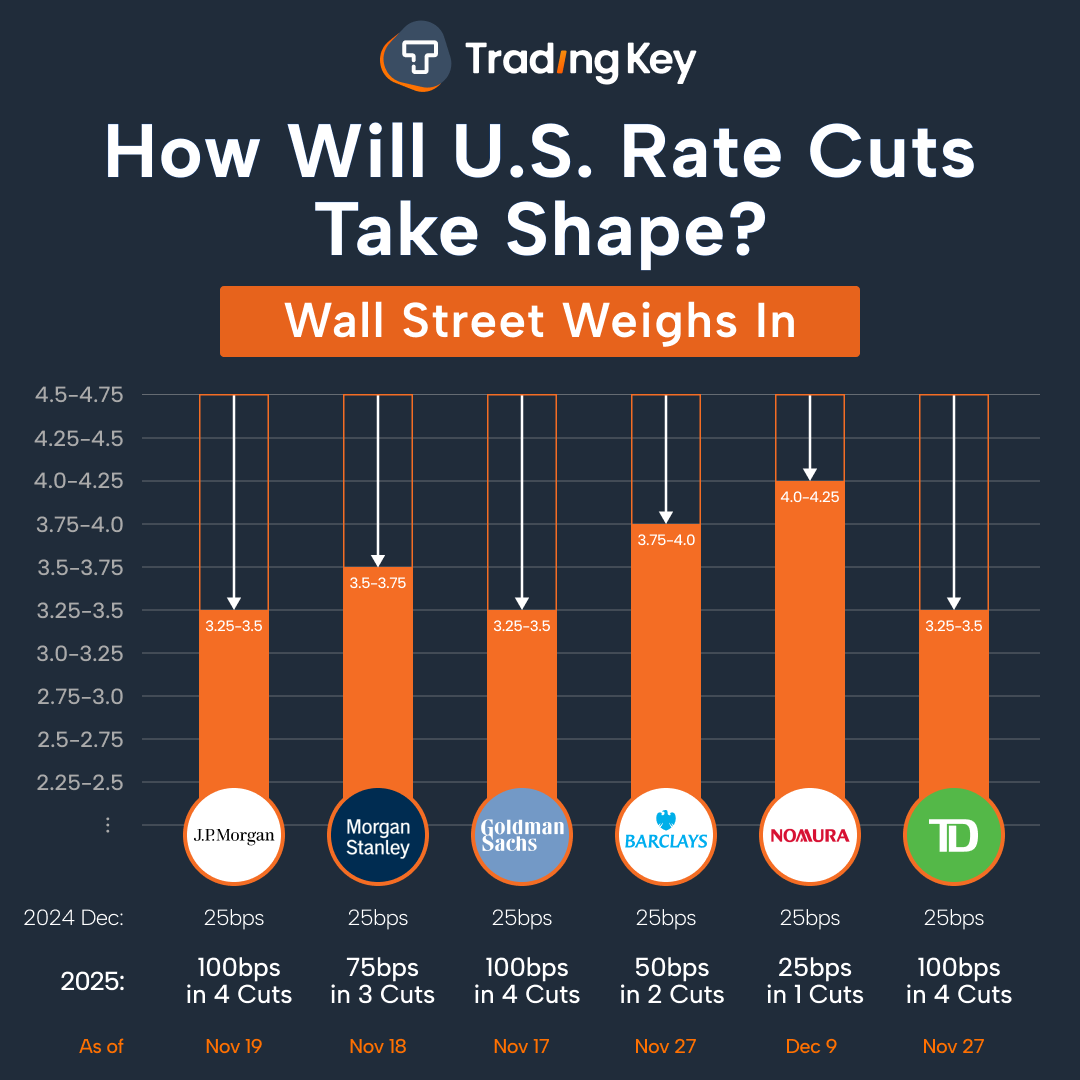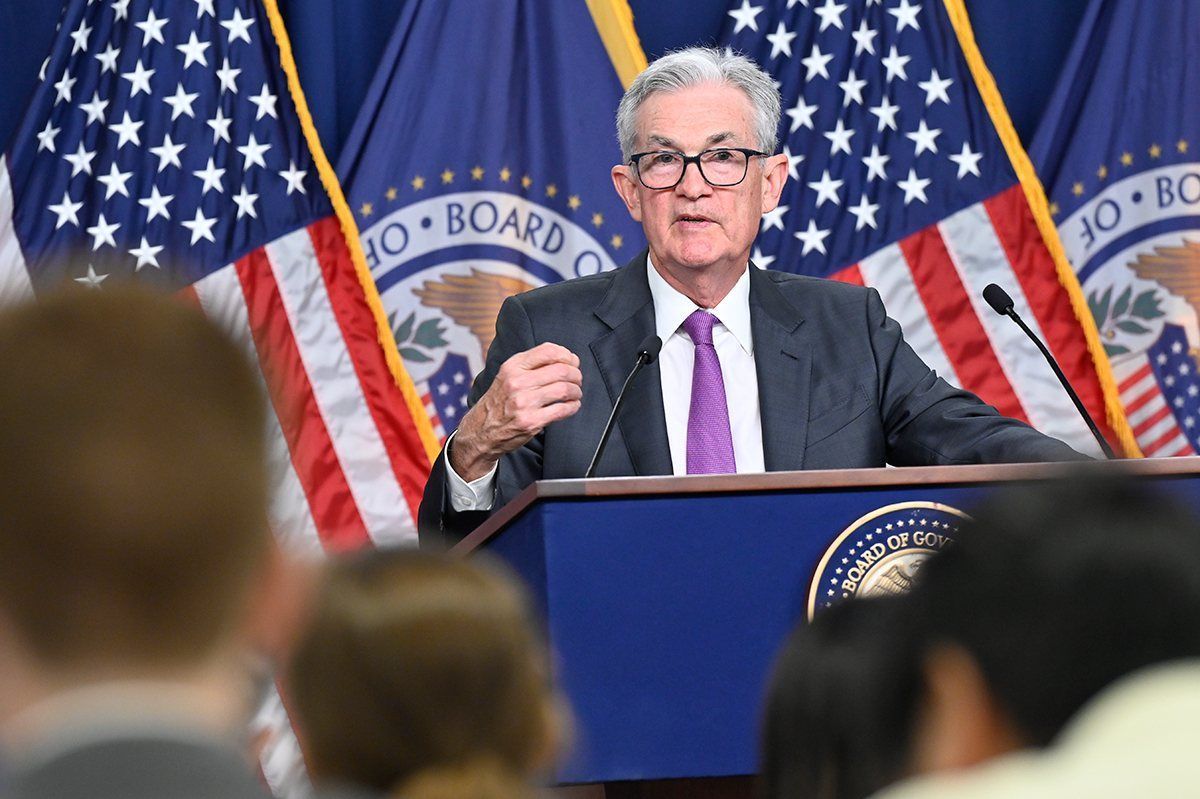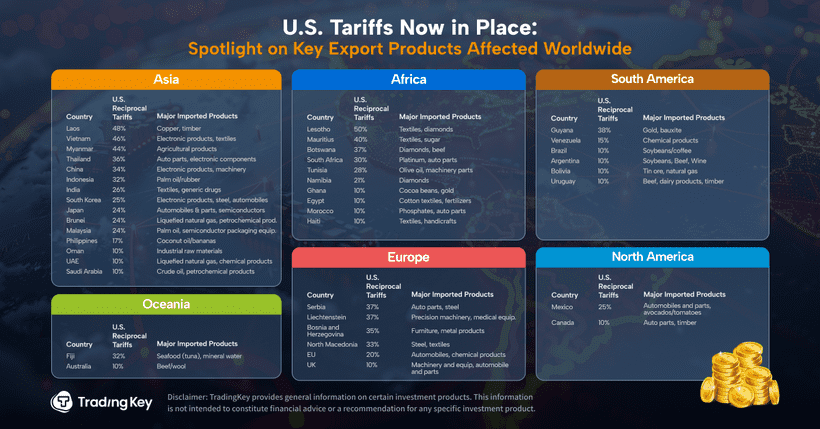What’s the Federal Reserve Outlook for Investors in 2025?

TradingKey - For investors right now, the biggest story – besides president-elect Donald Trump’s incoming administration – is what the US Federal Reserve (Fed) will do with regards to interest rates.
That’s because the Fed is in the process of cutting interest rates, having kicked off the process in September with a 50-basis point (bp) rate cut – its first interest rate reduction since early 2020.
Since that September rate cut, the S&P 500 Index is up just over 8%. Of course, in that time there was Trump’s victory in the presidential election but – in that same week – the Fed also cut rates by another 25 bps.
As a result, the Fed Funds rate now sits between a range of 4.50% to 4.75%. The Fed has one more Federal Open Market Committee (FOMC) meeting before the end of 2024, set to take place on 17-18 December. Currently, the market is pricing in a 25 bp rate cut at that meeting.
But with the S&P 500 Index flirting with its all-time high and the Fed’s rate path so crucial to how investors assess the market, what’s the rate outlook from the Fed for 2025?

The Fed’s dot plot for rates at the end of 2025
One of the big conundrums for the Fed will be whether to continue to reduce rates or if it feels it will need to hold steady at future FOMC gatherings in 2025.
That comes down to the Fed’s “dual mandate” that aims to ensure the optimal conditions of maximum employment (labour market stability) and price stability (moderate inflation). In terms of where the central bank sees rates heading, each individual board member of the Fed gives their opinion of where they see interest rates at year-end for the following few years.
The so-called “dot plot” on rates is compiled three times a year (March, June, and September) and is part of what’s known as the Fed’s Summary of Economic Projections (SEP).
The latest dot-plot chart from September’s FOMC shows that the median Fed Funds rate for the end of 2025 is predicted to be 3.38%, down over 120 bps from where the current rate sits today.
The Fed’s September 2024 dot-plot
Source: Bloomberg, FOMC
Meanwhile, the median rate projection for the end of 2026 is below 3%. That suggests a significant amount of easing in 2025 – equal to at least four or more 25 bps cuts (on the assumption that there’s another rate cut later this month before the end of 2024).
Of course, investors will have to take into account that a lot has happened in markets since the Fed’s FOMC September gathering – that took place on 17-18 September. As the Fed always likes to say, in regards to interest rates, it will be “data-dependent” when it comes to cutting rates.
All other sources of rate projections from strategists at big banks are merely speculation so, for investors, the Fed’s dot plot gives them the best guidance on where rates will be as it comes directly from the Fed.
What could alter the rate outlook?
Finally, investors need to be aware of what could alter the Fed’s rate outlook next year. As of its November meeting, the Fed remains relatively sanguine on its ability to reduce rates but in a gradual manner.
The minutes from that meeting stated that “incoming data generally remained consistent with inflation returning sustainably to 2%” and that its board members observed “that there was no sign of rapid deterioration in labour market conditions, with layoffs remaining low”.
There’s no doubt that the biggest worry for the Fed is whether inflation will be rekindled by any policies enacted by the incoming Trump administration. These include the likes of trade tariffs and tax cuts, both of which economists believe are “inflationary” in nature.
Despite that, the Fed will continue to be “data-dependent” in its approach to the US economy and investors can expect more of the same language when the FOMC gathers for its first meeting of the new year on 28-29 January 2025.








